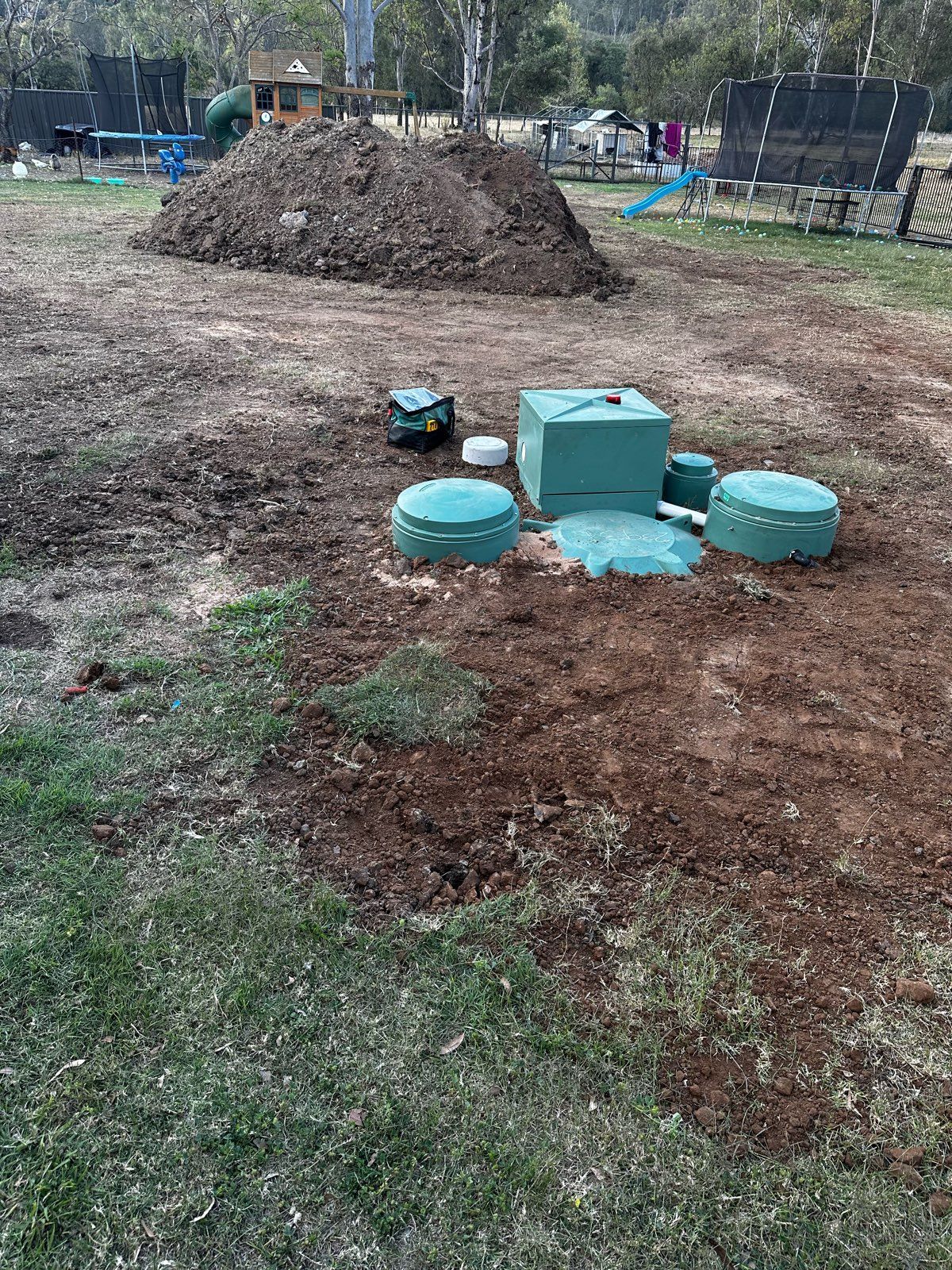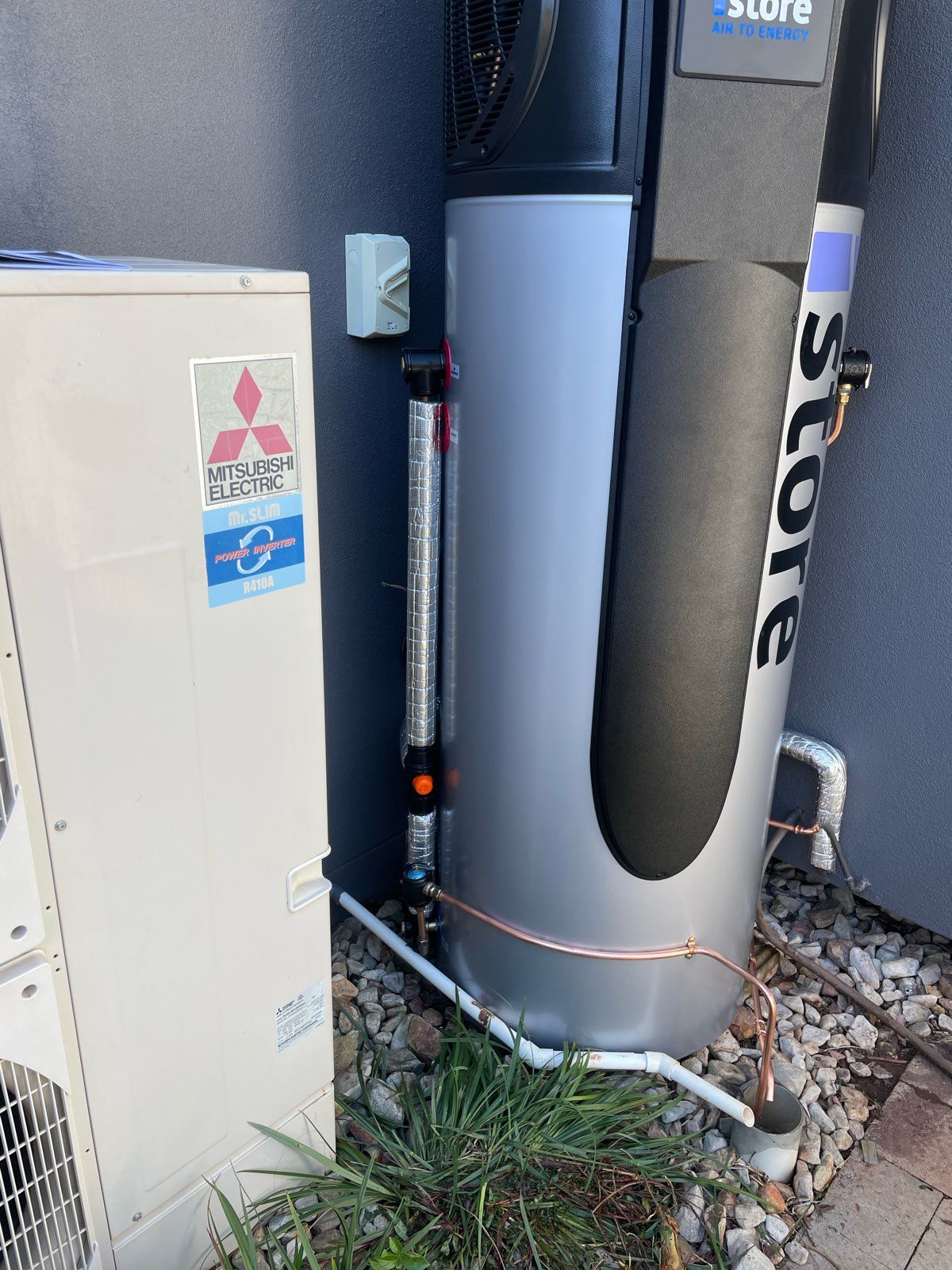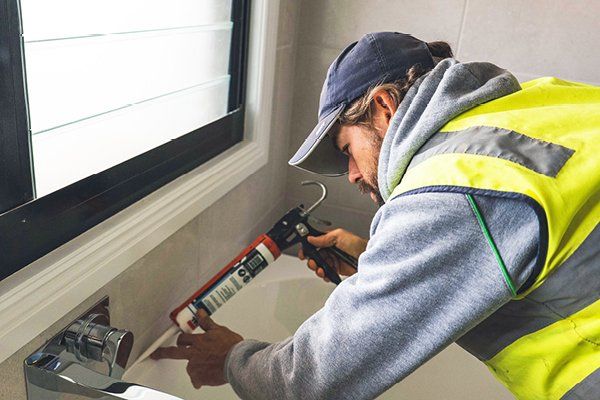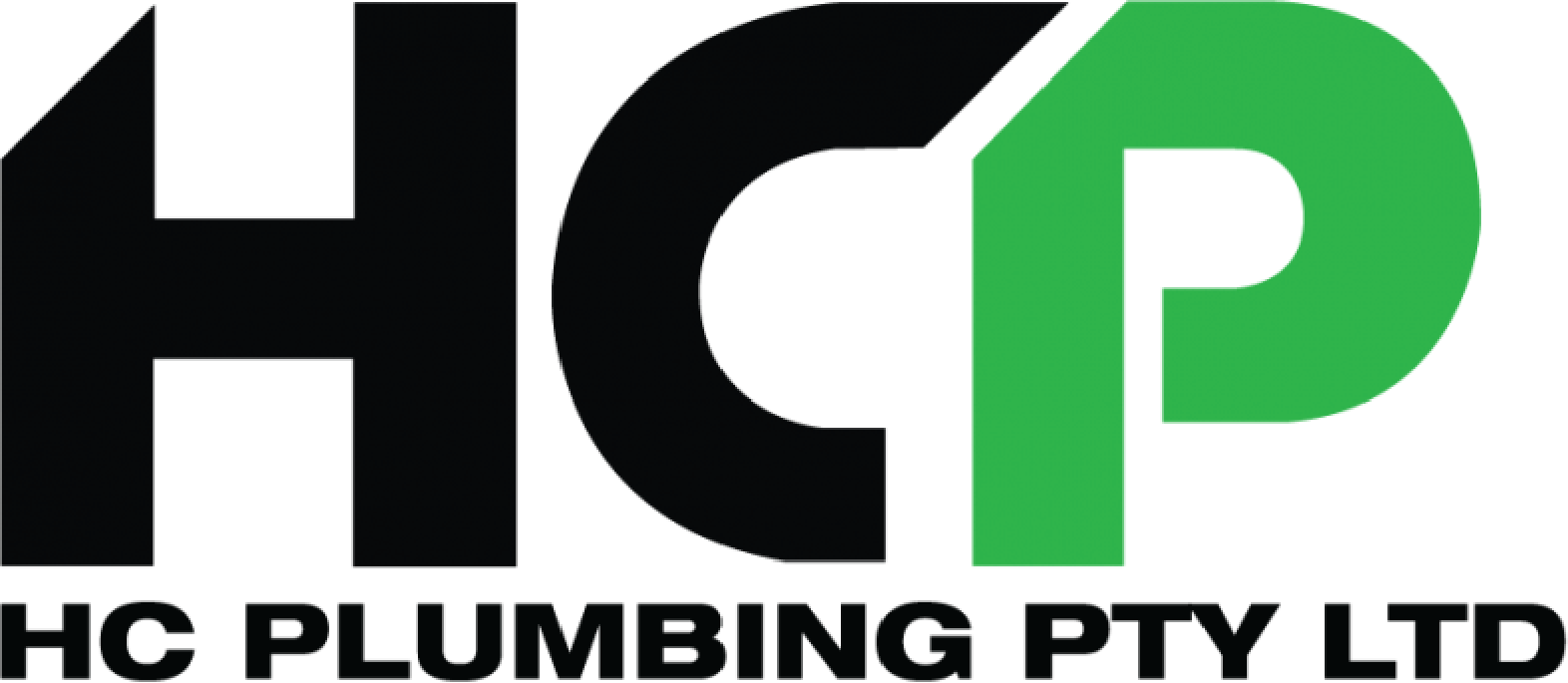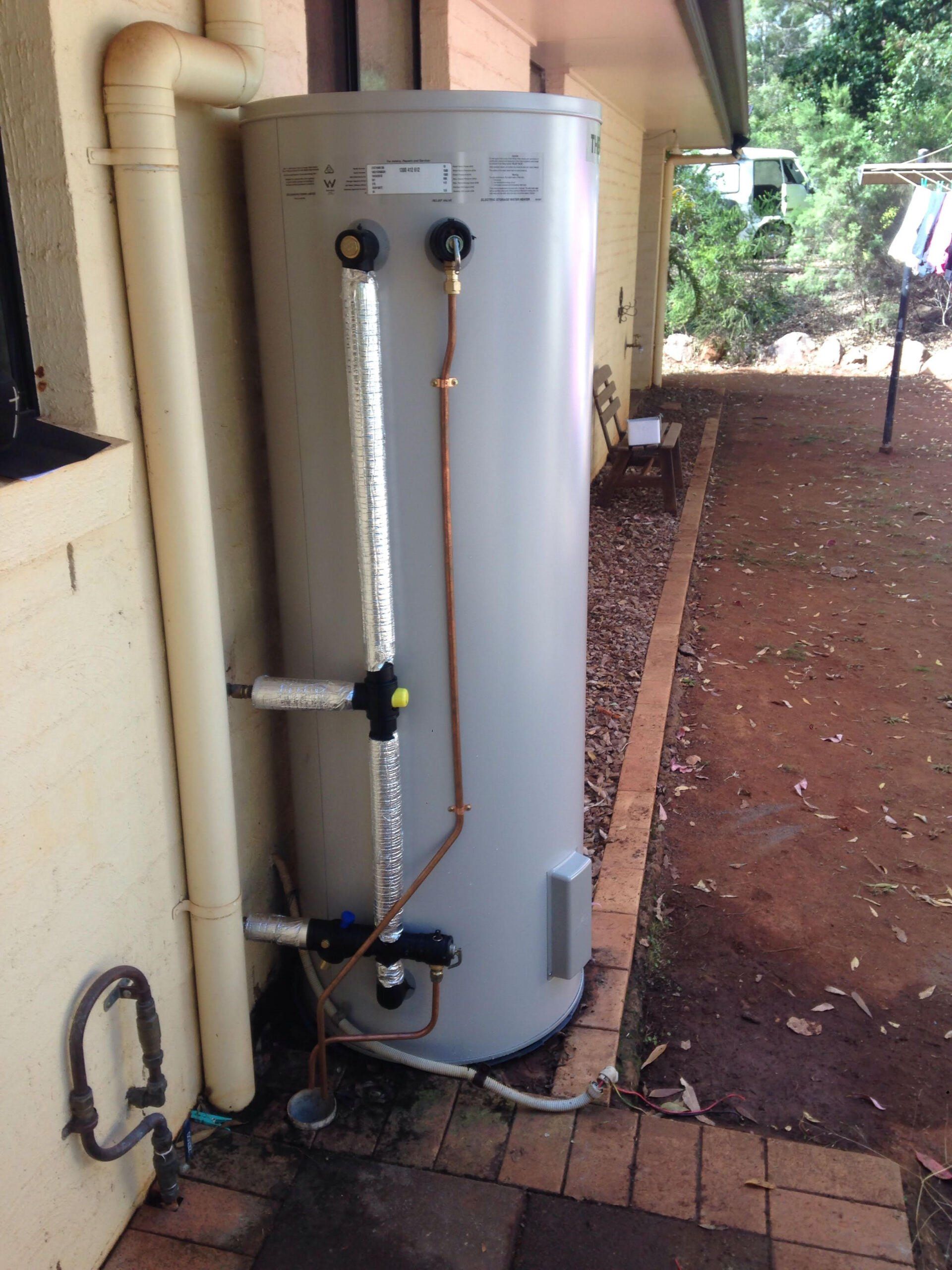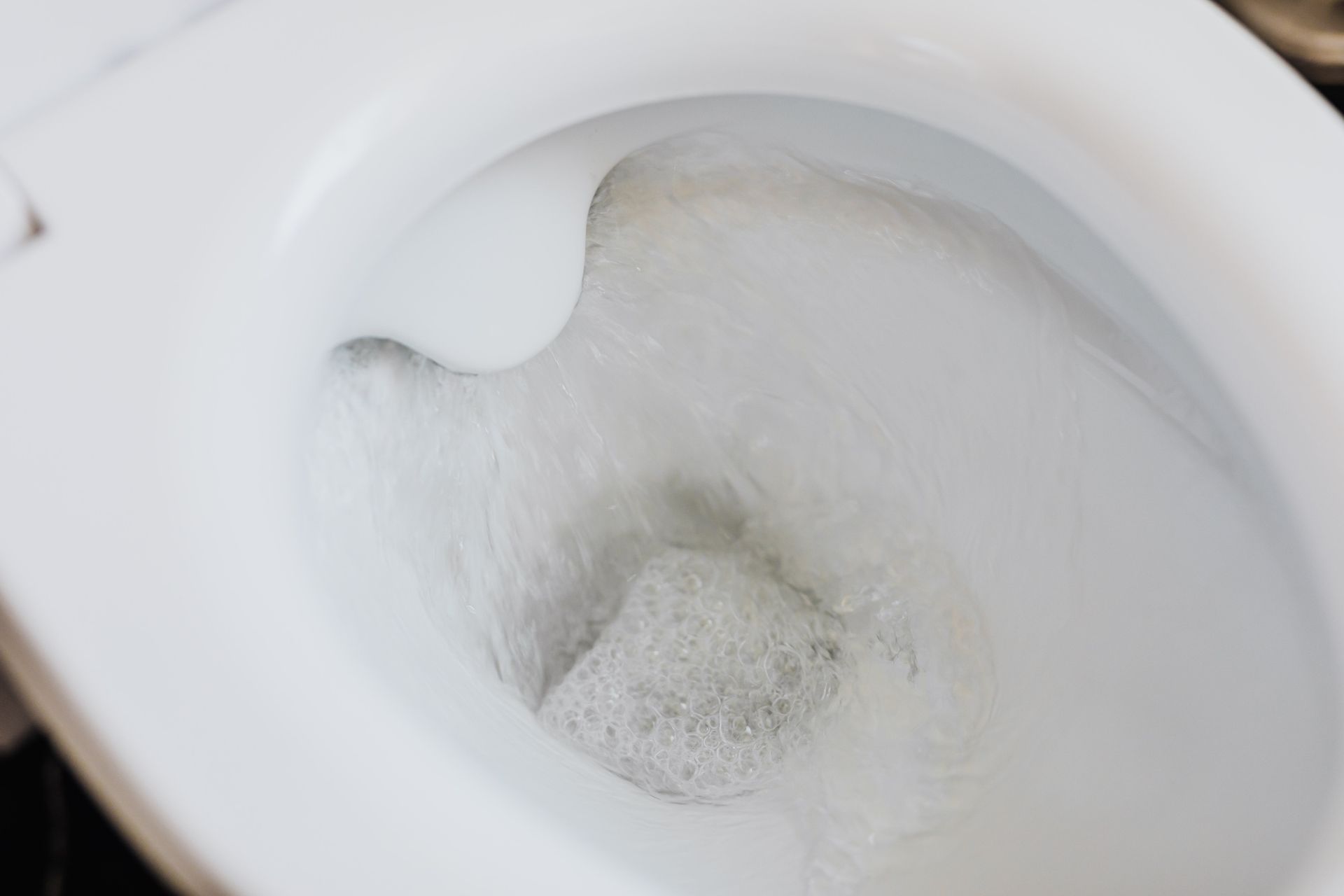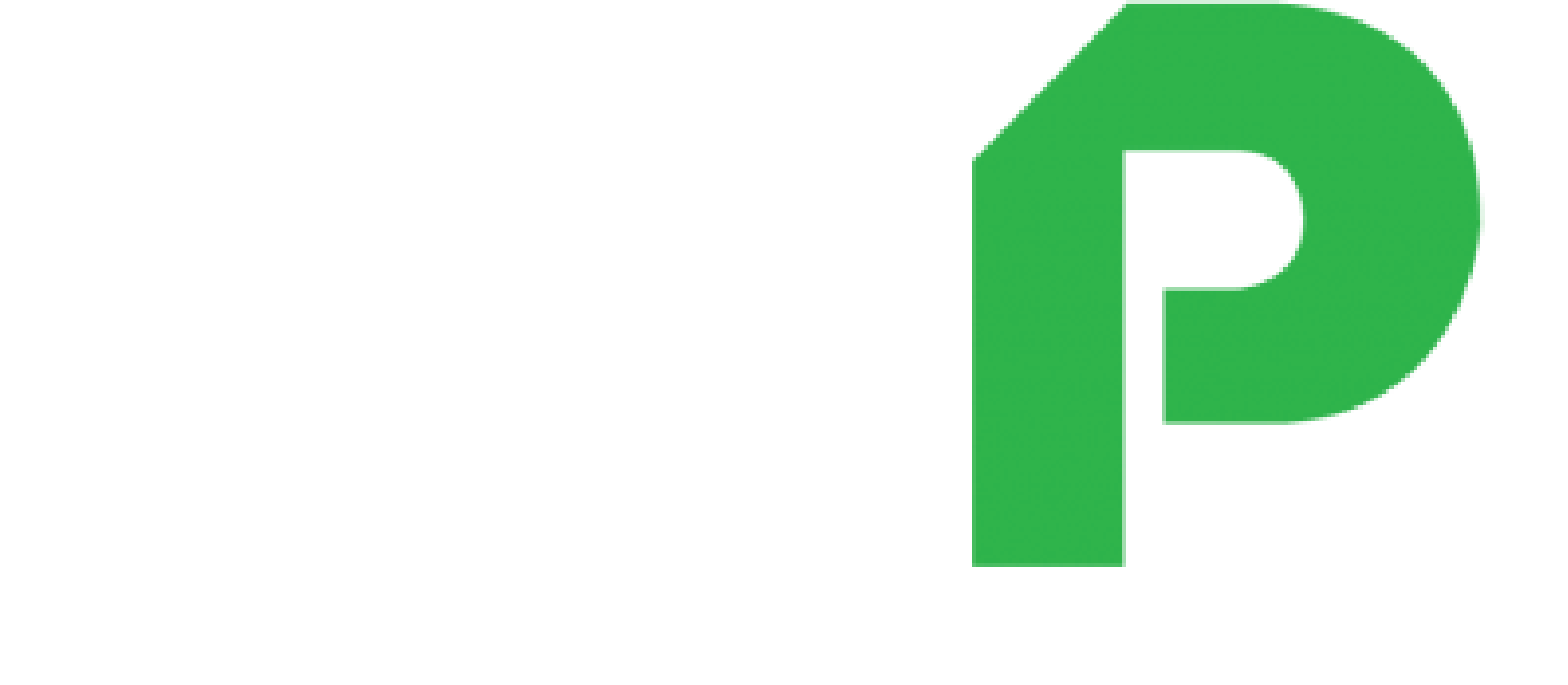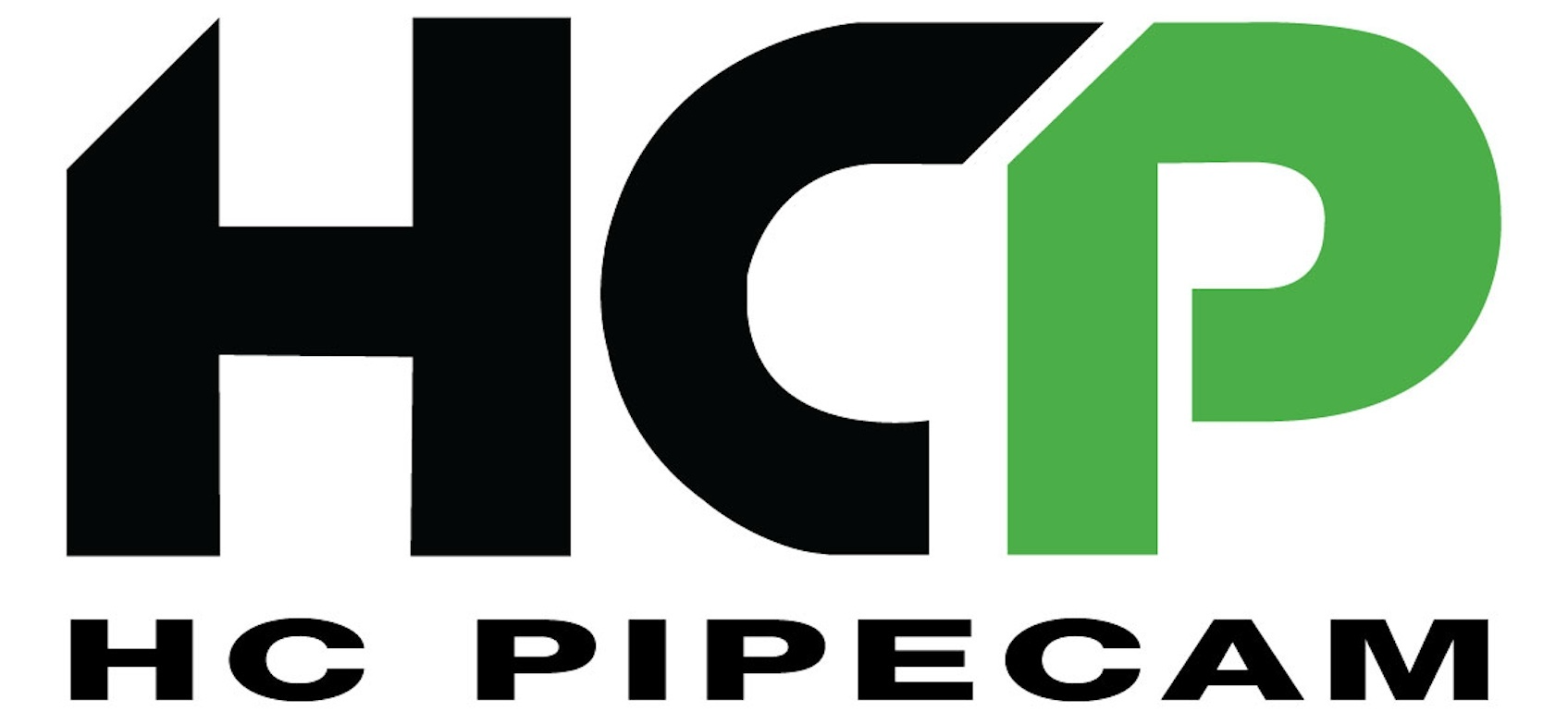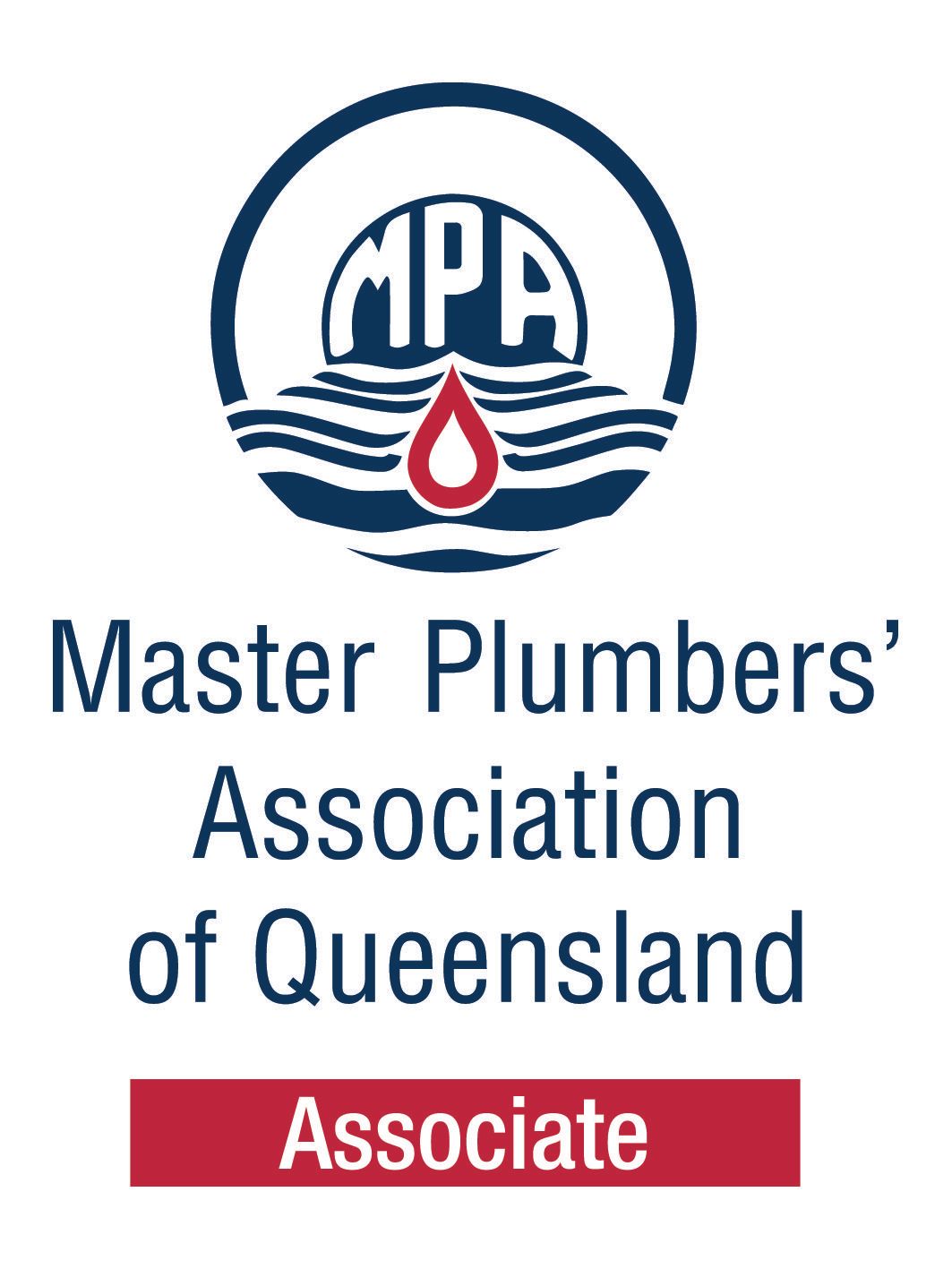What are the health issues associated with sewage exposure and why is it so important to deal with blocked drains and failing septics quickly?
Have you ever wondered why blocked drains and failing septics are classified as a plumbing emergency?
Or why your house sewage treatment plant requires regular inspections and service reporting to council?
When your drains are blocked or your septic or house sewage treatment plant is failing, it means that the sewerage that your home (or business) is producing is no longer being safely disposed of.
Generally, the sewage is either backed up and likely contaminating your yard (by bubbling out your overflow relief gully) or worse still, overflowing into your home by bubbling out your drains. Alternatively, your septic or house sewage treatment plant is allowing untreated sewage into your land application area, causing a muddy, smelly sewage-y mess.
While there are the obvious issues with blocked drains and failing septics, your toilets likely will become a problem to use, showering may become a pain with water backing up around your feet and there will likely be an unpleasant smell in your yard and perhaps even from your drains. It is the health risks of exposure to sewage that equate to an emergency.
Exactly what risks are associated with exposure to raw sewage?
Worksafe QLD provides the following examples of ways to be exposed to raw sewage “... to pathogens by skin contact, inhalation or unintentional ingestion. Affected areas can include the nose, throat, respiratory tract, eyes and other parts of the body directly contacted by sewage.”
And states that the risks of exposure include:
“
- pathogens in body fluids (such as hepatitis B and HIV) and faeces (such as hepatitis A and Salmonella).
- enteric (intestinal) microbial pathogens (such as rotavirus and Cryptosporidium), which can cause gastroenteritis if ingested
- opportunistic pathogens (such as Pseudomonas aeruginosa and Legionella pneuomophila)
- microbial endotoxins (non-infectious substances released by bacteria when they die), which can cause irritation and sensitisation (allergy) with respiratory and gastrointestinal symptoms
- parasites (such as intestinal worms and Giardia duodenalis). ”
Which cause you to risk contracting illnesses such as:
“
- Gastroenteritis
- Skin infections
- Hepatitis A
- Hepatitis B
- Leptospirosis ”
If you are worried that you have a sewage blockage or an issue with your onsite sewage treatment plant, give us a call on
0439 648 390 immediately so we can arrange to rectify the issue as soon as possible, as it is likely causing a health risk to both the human and animal members of your family.
EXPLORE MORE
